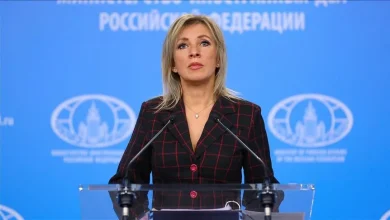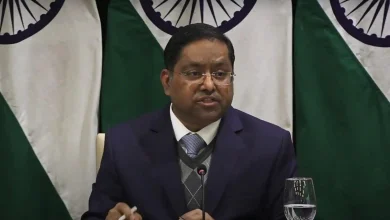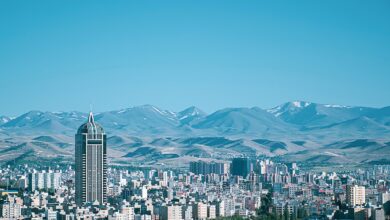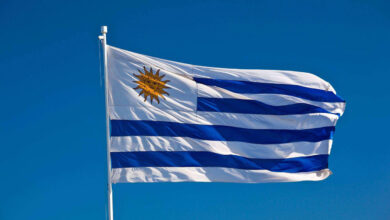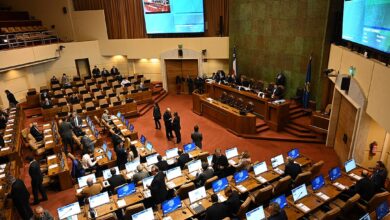AFP: A century on, Armenian Genocide still strains international relations
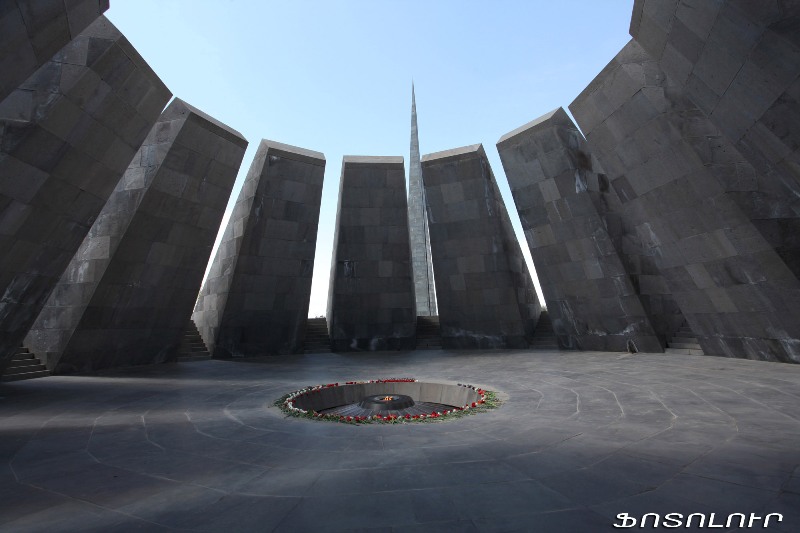
A century on, World War I casts a haunting shadow far from the trenches of western Europe, having spawned two crises that still strain international relations: the Israeli-Palestinian conflict and the Armenian genocide, AFP writes. Excerpts from the article are provided below:
When Ottoman Sultan Mehmed V declared “holy war” on Britain, France and Russia on November 24, 1914, his five-century-old empire was already in decline and had lost most of its European territory.
Convinced that Germany, an ally, was destined for a speedy victory, the empire’s governing “Young Turks” movement saw the war as a chance to consolidate its grip on power, block the economic rise of London and Paris, and reclaim central Asia.
The Ottoman army inflicted a brutal defeat on British and French forces on the strategic Gallipoli peninsula during the Dardanelles campaign in 1915, but its war turned into a nightmare on the eastern front against Russia.
Tens of thousands of soldiers died in battles that drew in Armenian fighters who fought alongside Russian troops in a bid to cast off Ottoman rule.
Defeated by Russia in Armenia and the Caucasus, the Ottomans responded by attacking the Armenian minority in their midst.
“There are two alternatives: either the Armenians will liquidate the Turks, or the Turks will liquidate them,” an Ottoman official, Mehmed Resid, wrote in his memoirs.
“Faced with the need to choose, I did not hesitate long. Before they do away with us, we will get rid of them.”
The arrest and massacre of 2,000 Armenian leaders in Istanbul on April 24, 1915 began what is described as the first genocide of the 20th century – although modern-day Turkey categorically refutes the term.
In less than a year, hundreds of thousands were forcibly displaced, their possessions seized and many of them killed.
A century on, the mass killings continue to fuel a bitter controversy, regularly upsetting relations between Turkey and the West.
Armenians, backed by many historians and a growing number of foreign parliaments, say up to 1.5 million of their kin were systematically killed in the dying days of the Ottoman Empire.
Turkey admits large scale massacres took place, but says they were perpetrated in self-defence against the Russian threat. Overall it says 500,000 died in fighting and of starvation.
The Armenian academic Ruben Safrastyan rejects the Turkish arguments.
“Massacres of Armenians took place well before World War I,” he argues. “The war was simply a good excuse to carry out a criminal plan.”
“For us the question is just as painful as it was 100 years ago,” said the vice-president of the Armenian national assembly, Edward Sharmazanov. “Turkey needs to end its policy of denial and apologize to the Armenian people.”
There have been gradual signs of change in Turkey, with Foreign Minister Ahmet Davutoglu last year calling the events of 1915-16 a “mistake” and an “inhuman act” during a trip to the Armenian capital, Yerevan.
“In recent years there have been commemorations in Turkey, university conferences. It’s a small revolution,” said Turkish analyst Burcu Gultekin Punsmann.
“A pretty deep process of revision is underway in Turkish society, even if it is not yet obvious at the political level,” he said.



